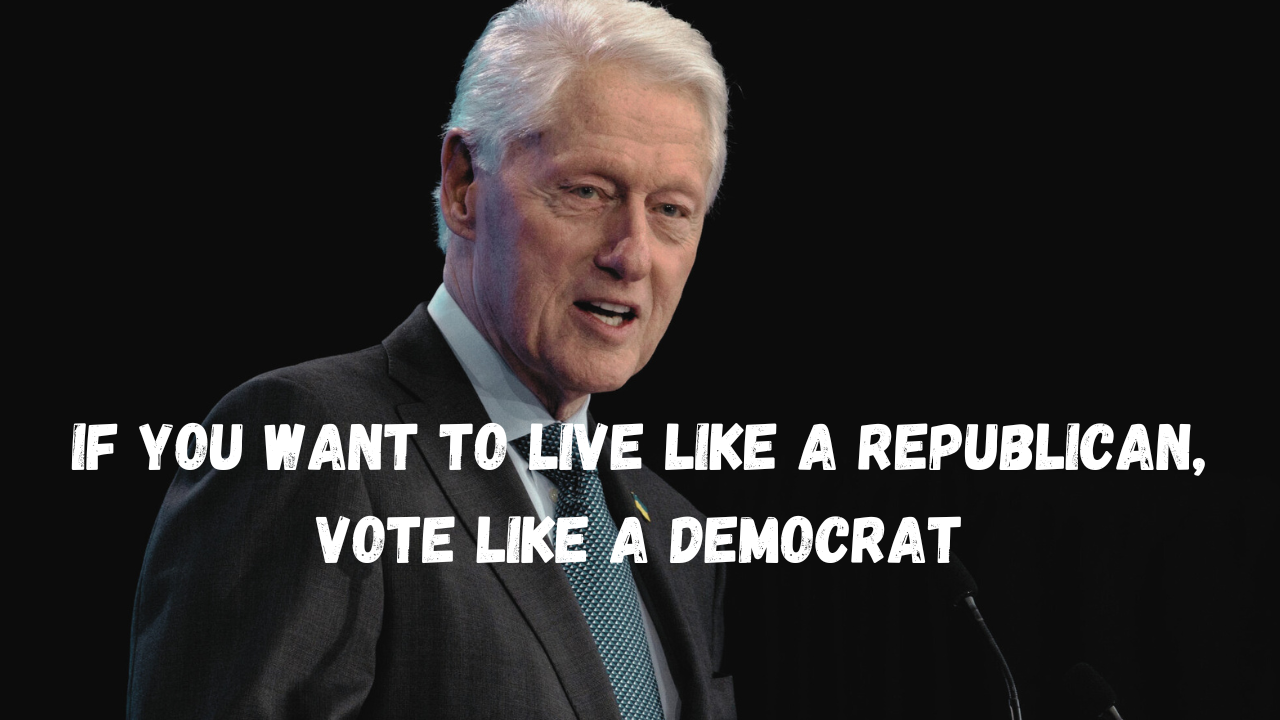Introduction
In the very articulating honored book “Citizen,” Bill Clinton goes further and analyzes what it really means to be a good and a passive citizen in the modern world, which is a personal and insightful subject. With his quite informative career history as a politician, who worked for different nations as well as being an optimist, Clinton offers a blueprint through which people, community and even nations can work together towards achieving better tomorrow. The book stresses the importance of working together as a society, individual engagement, and commitment to fighting for the greater good which perseveres in adage.
The Concept of Citizenship
Essentially, the focus of “Citizen” is a how-to guide on the life of today’s citizens. Active citizenship is a process that cannot be understood solely in terms of legal definitions, such as who has the right to vote, and who does not. It is a way of life which one carries out. Again, however canongames till American citizens go about saying they will legally vote the next time elections are held, Clinton states such actions would show they understand and cherish civic participation.
Such actions would also demonstrate their understanding and the cherished value of global citizenship predicated however on what fuels such actions. In just a few words, Clinton asserts both quite colloquially and forcefully that Americans have a common and shared destiny thereby placing an emphasis on American citizenship, which is universal for everyone. Togetherness is precisely how such actions ought to be viewed in the twenty-first century when such problems bring about different perspectives.
Bill Clinton’s Journey as a Citizen
One of the most compelling elements of “Citizen” is its autobiographical nature. Clinton reflects on his upbringing in Hope, Arkansas, where he learned the values of community, empathy, and hard work. Despite facing numerous challenges in his early years, these experiences laid the foundation for his belief in the power of citizenship.
Clinton recounts significant moments from his political career, including his tenure as governor of Arkansas and his two terms as President of the United States. These experiences helped shape his understanding of leadership and reinforced his belief that citizenship involves more than just policy decisions. It requires listening to people, understanding their struggles, and empowering them to take action.
Stories of Ordinary Citizens
Throughout “Citizen,” Clinton highlights inspiring stories of ordinary people who have made extraordinary contributions to their communities. These individuals come from diverse backgrounds but share a common commitment to making a difference. From volunteers building homes for the homeless to activists fighting for social justice, Clinton showcases how small acts of kindness and courage can create significant positive change.
One particularly moving example is the story of a teacher who transformed her classroom into a sanctuary for students facing adversity. This anecdote underscores Clinton’s belief that everyone has the potential to be a change-maker, regardless of their position or resources.
The Role of Leadership in Citizenship
Leadership is a recurring theme in “Citizen.” According to Clinton, effective leaders are those who empower others to take action. Leadership is not about holding power but about inspiring others to work towards a common goal. Clinton discusses how his own leadership style evolved over the years, emphasizing the importance of humility, empathy, and collaboration.
In the book, Clinton also examines the challenges leaders face in a rapidly changing world. From technological advancements to geopolitical shifts, the modern era demands leaders who can adapt, innovate, and prioritize the greater good. Through his reflections, Clinton provides valuable lessons for aspiring leaders who wish to make a meaningful impact.
The Clinton Global Initiative
A significant portion of “Citizen” is dedicated to the Clinton Global Initiative (CGI), an organization founded by Clinton after his presidency. CGI embodies Clinton’s vision of citizenship by bringing together governments, businesses, and non-profits to tackle some of the world’s most pressing issues. The organization has launched numerous programs addressing poverty, education, healthcare, and environmental sustainability.
Clinton shares behind-the-scenes stories about the creation and impact of CGI, illustrating how collaboration can lead to innovative solutions. For example, he describes a partnership between a technology company and a non-profit that brought clean water to remote villages, showcasing the tangible benefits of collective action.
The Global Perspective on Citizenship
In “Citizen,” Clinton expands the traditional notion of citizenship to include a global perspective. He argues that issues such as climate change, pandemics, and economic inequality require coordinated efforts across borders. Citizenship, in Clinton’s view, is no longer confined to national boundaries; it demands a recognition of our shared humanity and mutual responsibilities.
Clinton uses real-world examples to illustrate this idea. He discusses how international cooperation during the Ebola outbreak saved countless lives and how grassroots movements around the world are driving progress on issues like gender equality and environmental conservation. These stories highlight the interconnectedness of our world and the importance of thinking globally while acting locally.
Key Themes and Takeaways
Service to Others: Clinton emphasizes that service is at the heart of citizenship. Whether volunteering at a local food bank or advocating for policy change, every act of service contributes to the greater good.
Empathy and Understanding: “Citizen” underscores the importance of understanding others’ perspectives. Clinton believes that empathy is the foundation of effective citizenship and leadership.
Collaboration is Key: The book highlights the power of partnerships. By working together, individuals and organizations can achieve more than they could alone.
Hope and Optimism: Despite the challenges facing the world, Clinton remains optimistic about humanity’s capacity for resilience and innovation. He encourages readers to approach problems with a sense of hope and determination.
Lessons for the Next Generation
Clinton dedicates a portion of “Citizen” to the younger generation, urging them to embrace their role as future leaders and citizens. He stresses the importance of education, critical thinking, and active participation in civic life. Clinton believes that young people have the energy and creativity needed to drive progress and address the complex challenges of the 21st century.
The Enduring Relevance of “Citizen” by Bill Clinton
In a world marked by division and uncertainty, “Citizen” serves as a timely reminder of the power of unity and collective action. Clinton’s reflections are both deeply personal and universally relevant, making the book a valuable resource for readers from all walks of life.
The book not only recounts Clinton’s journey but also provides a roadmap for how individuals can contribute to building a better future. It challenges readers to think critically about their roles as citizens and to take actionable steps toward creating positive change.
Conclusion
“Citizen” by Bill Clinton is a testament to the enduring importance of citizenship in shaping societies and addressing global challenges. Through personal anecdotes, inspiring stories, and practical advice, Clinton paints a vivid picture of what it means to be an engaged and responsible citizen. The book is a call to action, urging readers to embrace their potential to make a difference.
By weaving together themes of service, leadership, and global interconnectedness, “Citizen” offers a compelling vision for how we can all contribute to a more just and equitable world. It is a must-read for anyone seeking to understand the power of citizenship and the role it plays in creating meaningful change













1 thought on “Understanding Modern Citizenship with ‘Citizen’ by Bill Clinton”